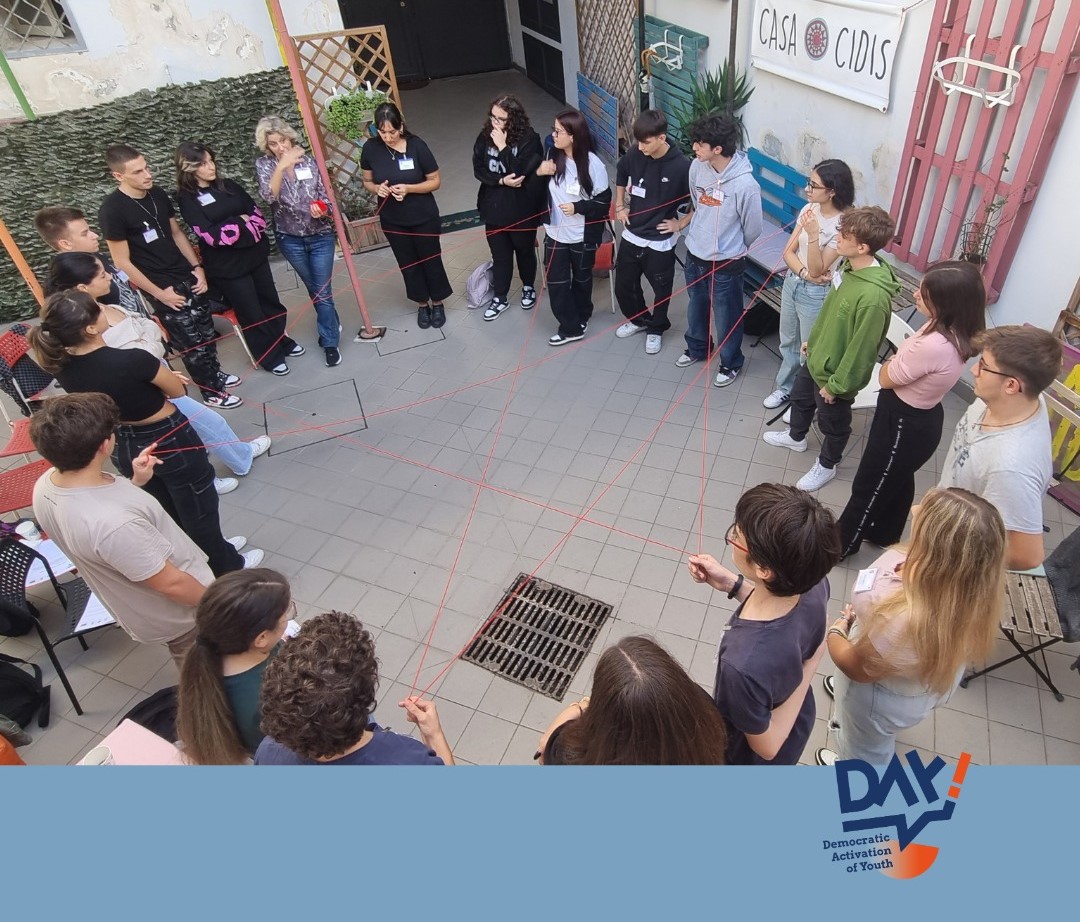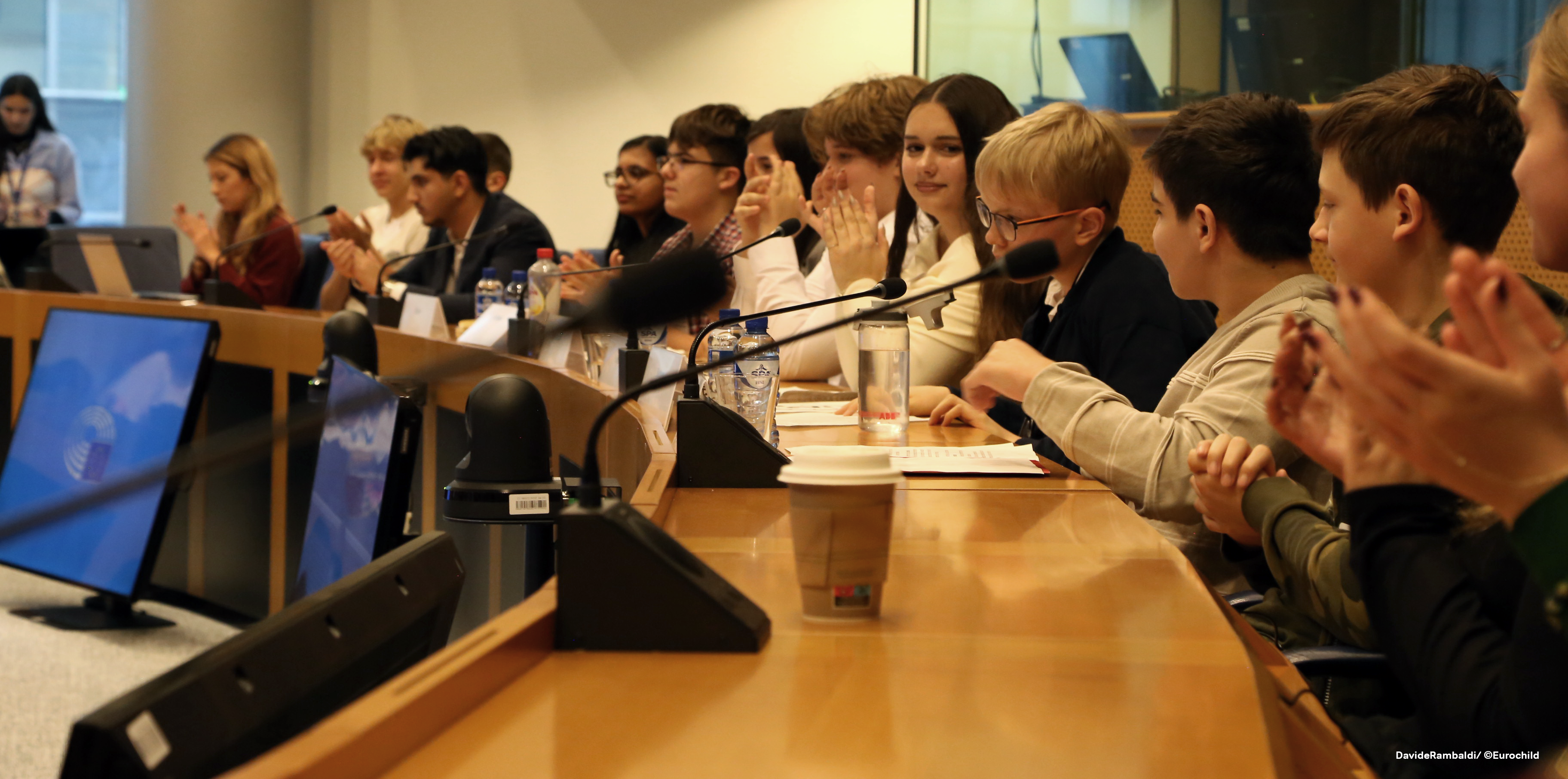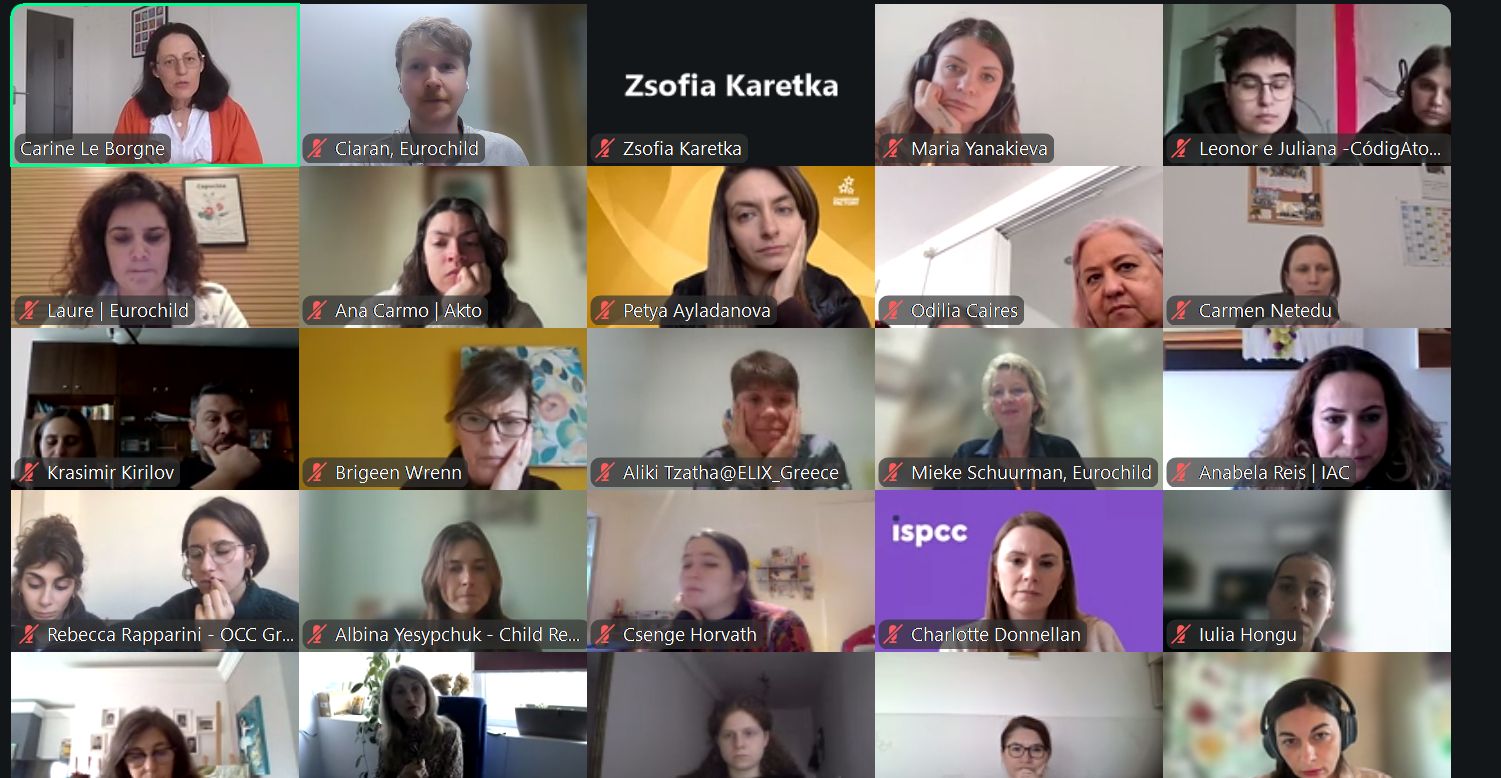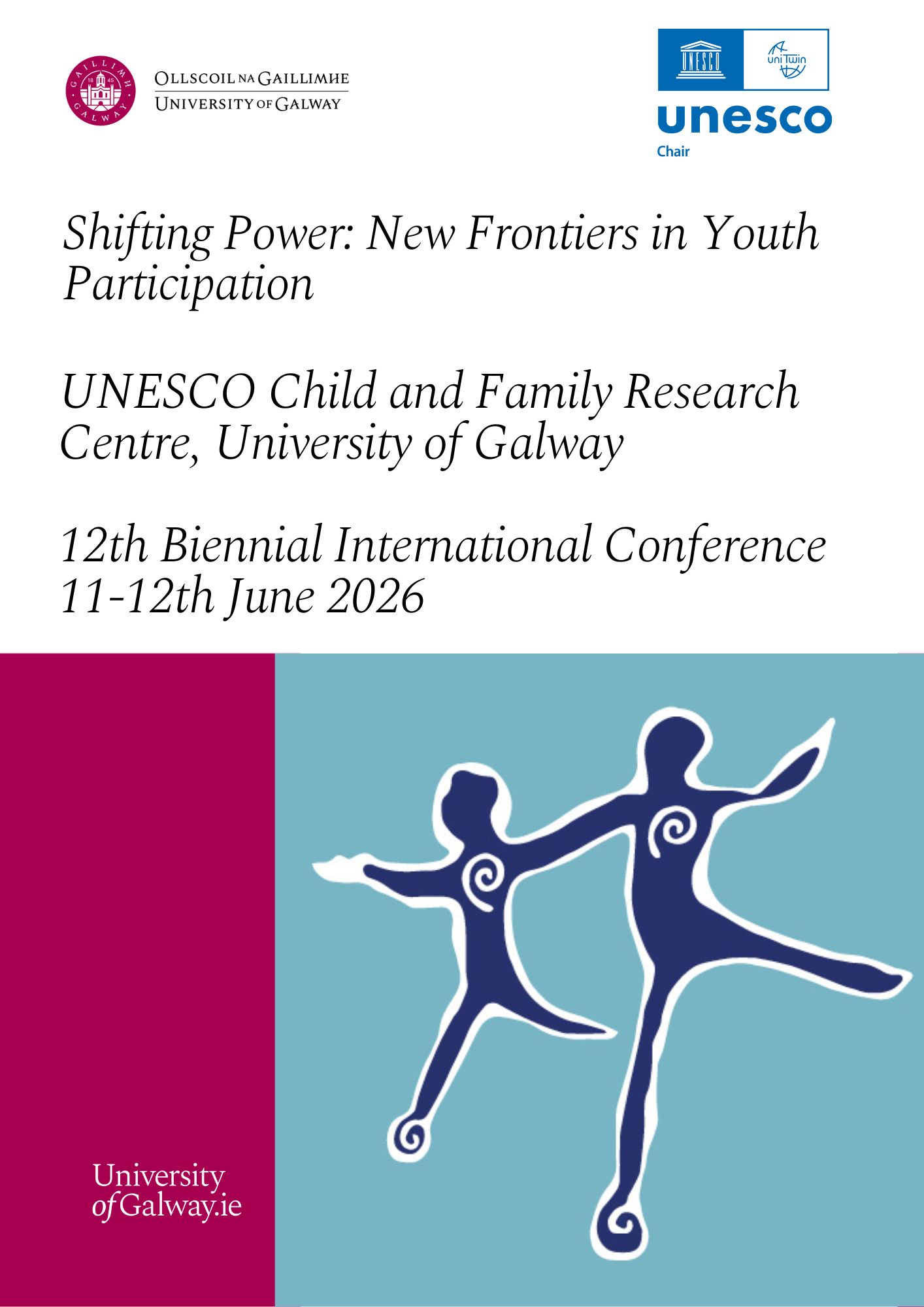DAY: High-school students release their Youth Civic Agendas
Young people from Naples, Italy share their ideas on how to redevelop their urban areas and improve the education system with local decision-makers
After the first summer meeting with the Mayor of Naples and the election of the young representatives of three municipalities, all the 36 young people involved in the project met on 30 October to get to know each other and present their civic agendas with topics to be discussed together with the political representatives.
Through the agendas the young people intend to commit ourselves to bringing change in their municipality with the hope of being able to collaborate productively and effectively with local politicians and administrators.
The students selected two main issues they want to work on: Environment and Education. A debate has arisen about how to bring these two topics to the attention of institutions, in view of the upcoming meetings in the city of Naples of the 12 delegates of the cross-sectional board, who will attent workshops on child rights, advocacy and communications. Staff members of the three organisations running the project will train the students and empower them to be able to promote the event among their peers and with decision makers and have their requests listened to.
In this child participation project, priority has been given to the inclusion and involvement of young people from vulnerable families at risk of poverty, young people with disabilities and with a migratory background. The aim of the DAY Project – Democratic Activation of Youth coordinated by Eurochild member Albero della Vita and in partnership with CIDIS, is to pilot mechanisms of child participation at local level in the city of Naples.
Some of the young people's requests are:
- Better maintenance and redevelopment of public spaces, parks and pedestrian areas
- Free sports programmes for children
- Reorganisation of the separate waste collection
- Reopening of a public library and creation of a playground
- Convention on the Rights of the Child taught in schools
- Sexual education and mental health classes in schools
- Disaster evacuation planning
- Reduce pollution and restore a local river
- Free training courses to support students applying to university.





